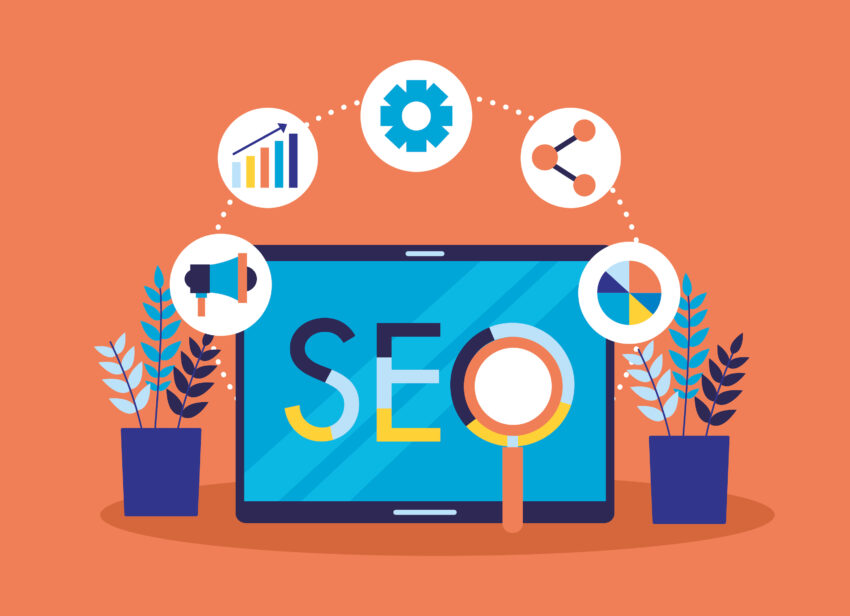What is Search Engine Optimization?
Search Engine Optimization (SEO) is a crucial aspect of digital marketing that helps websites rank higher in search engine results pages (SERPs). SEO helps to increase the visibility and credibility of a website, making it easier for people to find the information they are looking for online.
Note: If you prefer to watch rather than read, we've also created a video version of this guide on our YouTube channel. In this video, we covered the basics of search engine optimization (SEO) and how you can use it to improve your website's ranking in search engine results pages (SERPs). Checkout the video here!
On-Page Optimization Vs. Off-Page Optimization
There are two main types of SEO: on-page optimization and off-page optimization. On-page optimization refers to the elements that are present on a website, such as its content, structure, and HTML code. Off-page optimization refers to the external factors that affect a website's ranking, such as the quality and number of links pointing to it.
On-Page Optimization
Website Content
One of the key aspects of on-page optimization is content. The content of a website should be high-quality, relevant, and useful to its target audience. It should also contain relevant keywords that people are searching for, as this helps search engines understand the topic of the page. It is important to use keywords in a natural and organic way, as keyword stuffing (the practice of excessively using keywords in an attempt to manipulate search engine rankings) is discouraged by search engines and can result in a penalty.
Website Structure
The structure of a website is also important for on-page optimization. A website should be easy to navigate and its pages should be organized in a logical and clear way. The use of header tags (H1, H2, etc.) can help to break up content into manageable sections, making it easier for users and search engines to understand.
Website Code
In addition to content and structure, the HTML code of a website is also important for on-page optimization. This code should be clean, well-organized, and free of errors. It should also include meta descriptions and title tags, which provide a brief summary of the page's content and help search engines to understand its relevance.
Off-Page Optimization
High-Quality Links
Off-page optimization refers to the external factors that affect a website's ranking, such as the quality and number of links pointing to it. Search engines view links as "votes" of confidence, so the more high-quality links a website has pointing to it, the higher it is likely to rank. It is important to note, however, that not all links are created equal. Search engines are becoming increasingly sophisticated, and can differentiate between high-quality and low-quality links.
How to Build High-Quality Links?
To build high-quality links, it is important to create valuable and engaging content that other websites will want to link to. This can be achieved by writing blog posts, creating infographics, or publishing other types of content that are likely to be shared. In addition, it is important to actively seek out links from other websites by reaching out to potential link partners and asking for a link.
Conclusion
In conclusion, SEO is an important aspect of digital marketing that can help websites rank higher in search engine results pages and reach a wider audience. By focusing on both on-page and off-page optimization, websites can improve their visibility, credibility, and overall search engine ranking. As search engines continue to evolve and become more sophisticated, it is important to stay up-to-date with the latest best practices in order to maintain a strong online presence.
Beginner’s Guide to Search Engine Optimization
Category: Digital Marketing








1 thought on “Beginner’s Guide to Search Engine Optimization”